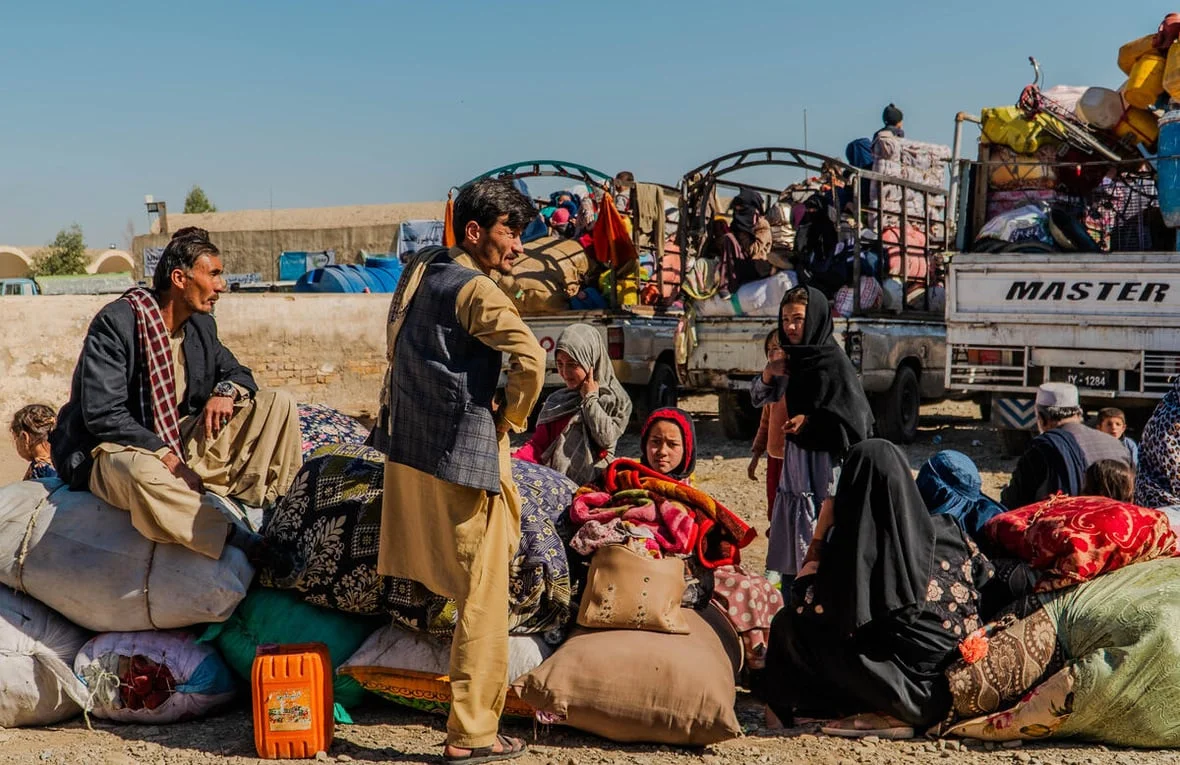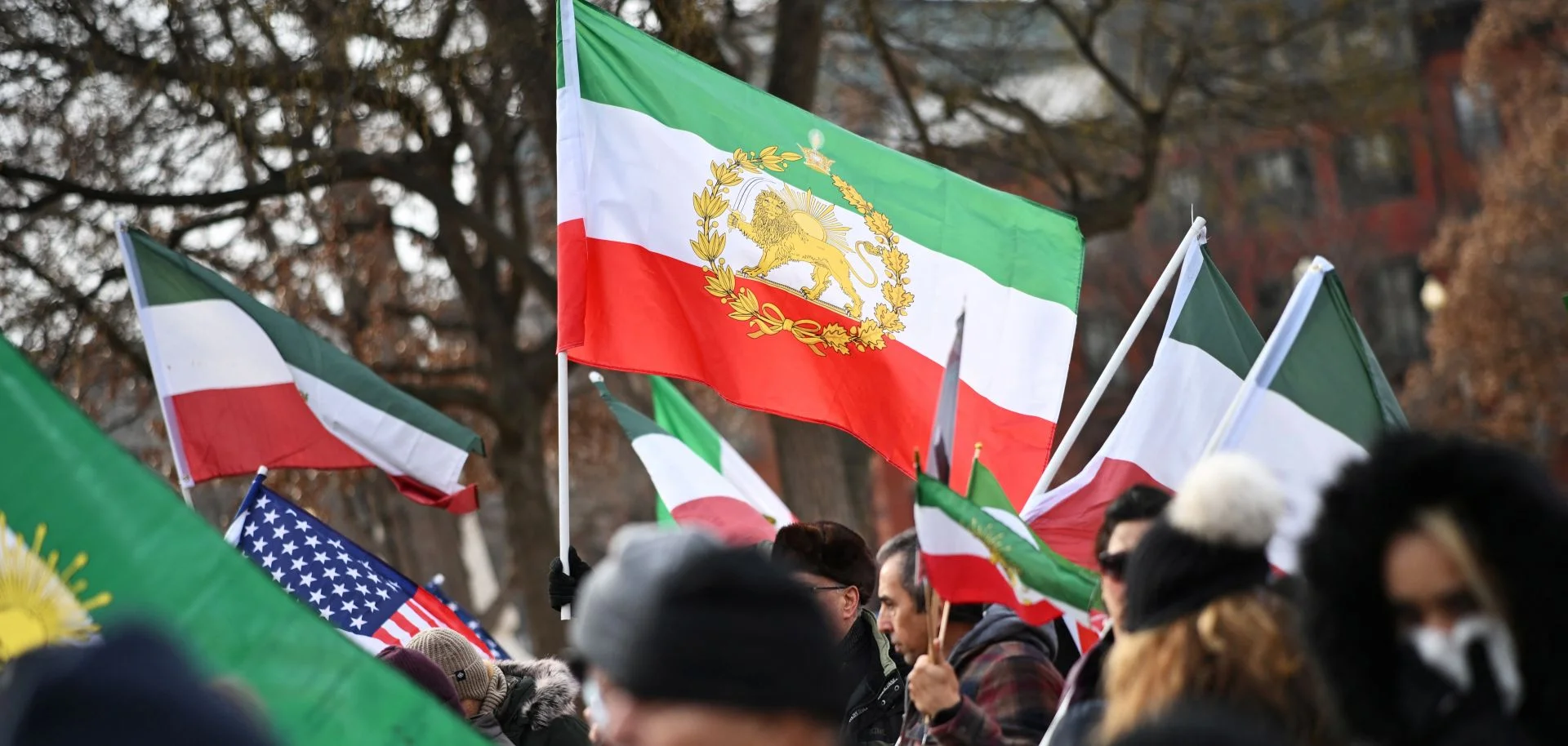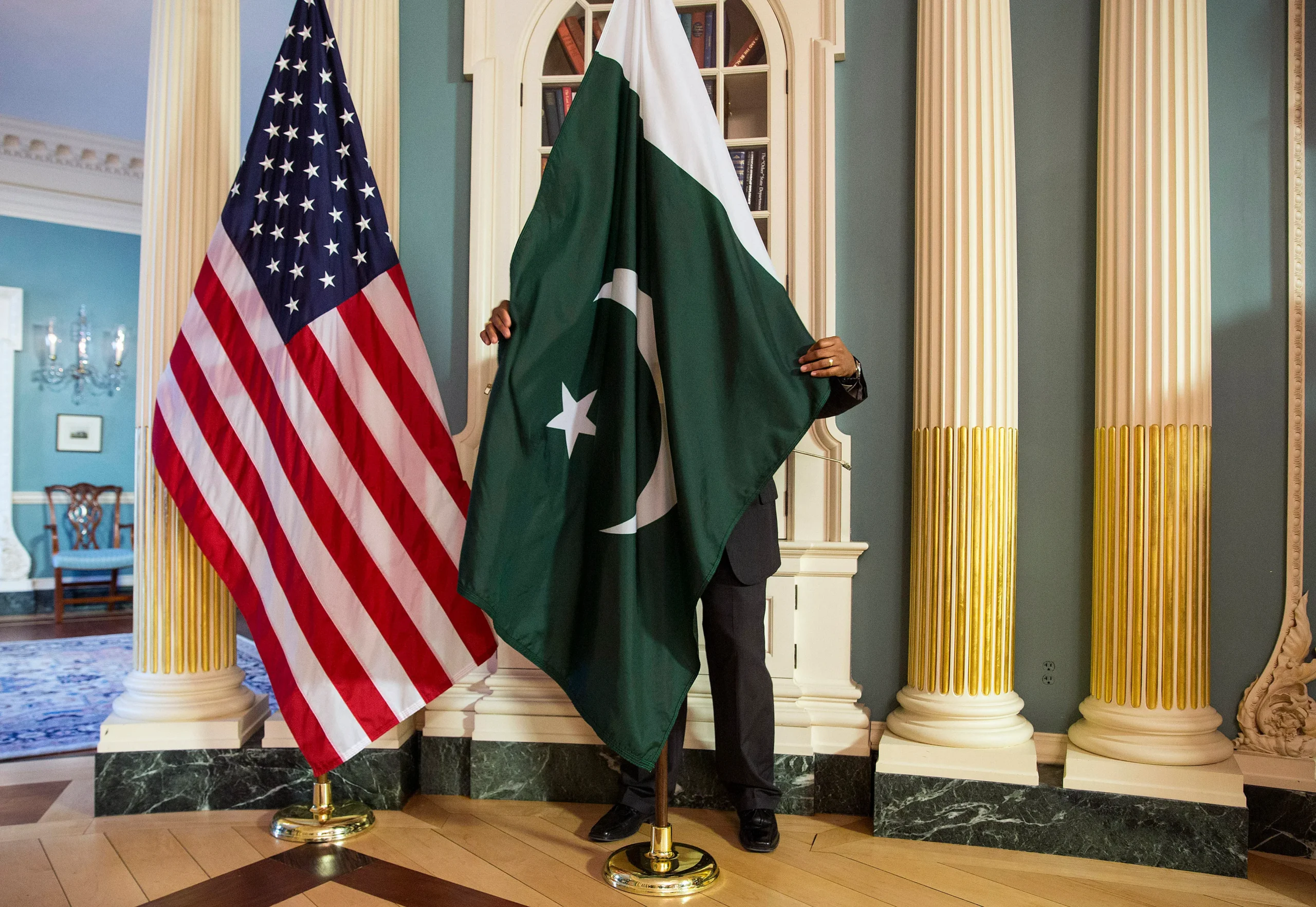A total of 402 climbers from 53 countries have obtained permits to climb Mt Everest this spring season, according to the Department of Tourism. Among them, 74 are women.
Department Director Liladhar Awasthi said that 41 expeditions have been granted permission to attempt the world’s tallest peak this year. In the same season last year, 414 climbers – 75 women and 339 men – from 41 expeditions had received permits.
The government has collected Rs 684 million in royalties from permits issued for climbing various peaks so far this season, a figure expected to rise as more climbers continue to arrive.
Also See: Nepal Raises Mount Everest Permit Fees for First Time in Nearly a Decade by 35%
To ensure safe and orderly mountaineering activities, the Department has established a field office at the Everest Base Camp. In the 72 years since the first ascent of Everest, thousands of climbers have set records, contributing to a growing trend of mountaineers aspiring to reach the summit.
Despite the inherent risks and challenges, enthusiasm for climbing Everest remains high. Among this season’s aspirants is Tashi Gyaljen Sherpa of Solukhumbu, who aims to summit Everest four times within 20 days to set a new record.
To date, more than 8,000 domestic and international climbers have successfully scaled Everest, with record-breaking attempts continuing each year.
This news is sourced from The Himalayan Times and is intended for informational purposes only.

![402 climbers from 53 countries get Everest permits this spring; govt earns Rs 684M, record attempts underway. [Image via Reuters]](https://southasiatimes.org/wp-content/uploads/2025/04/cdn4.premiumread-1.webp)




